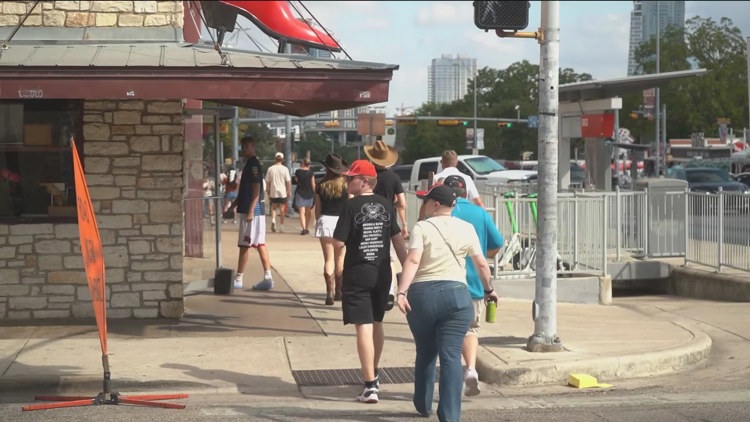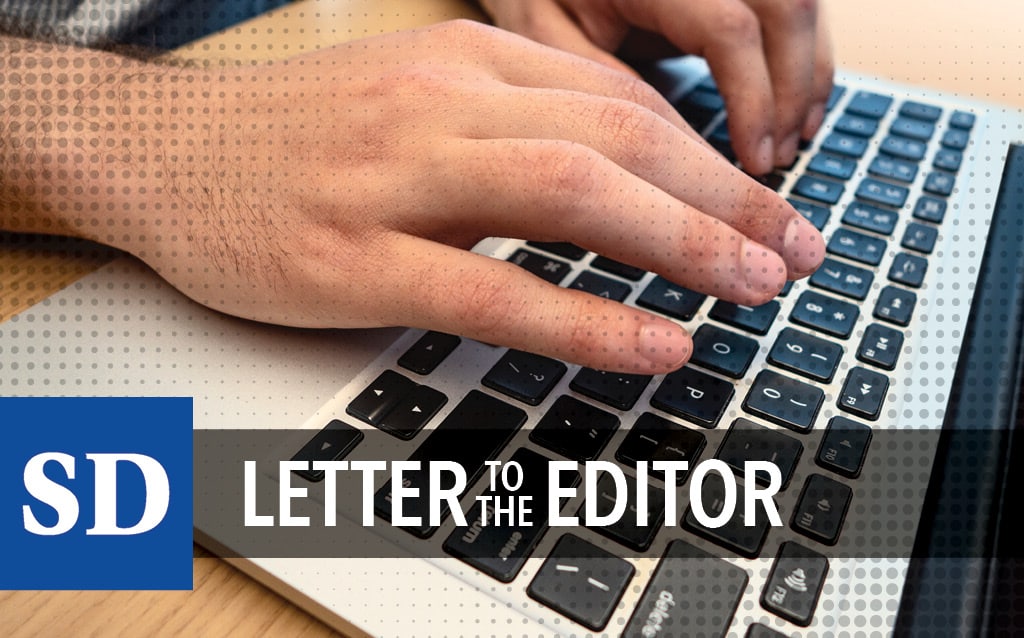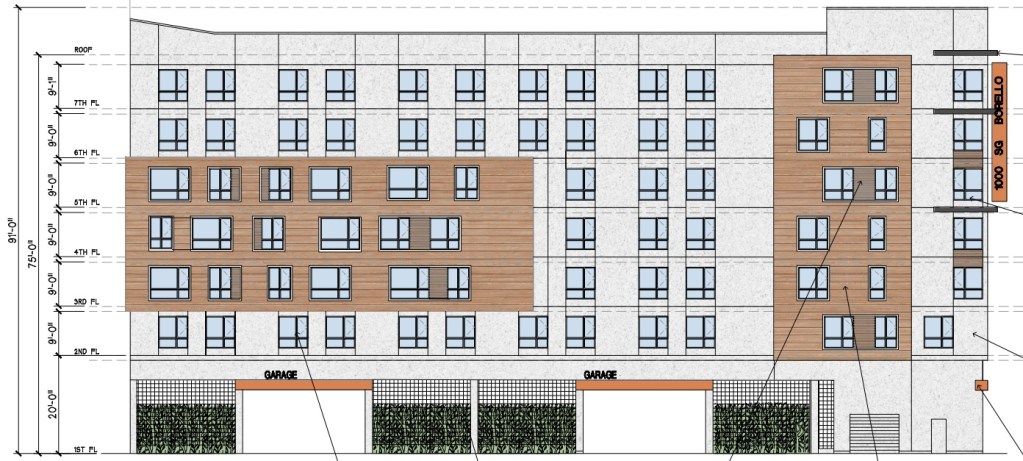UPDATE: Early voting for Austin’s critical Proposition Q begins Monday, and residents are divided as the proposed property tax increase aims to raise approximately $110 million this fiscal year. City leaders argue this funding is essential for public safety and homelessness services, but many fear the financial burden it may impose on local businesses and homeowners.
With just hours until early voting kicks off, supporters and opponents of Prop Q present starkly different visions for Austin’s future. Some residents worry about the impact on local businesses, while others emphasize the dire need for funding essential city programs. The measure proposes a permanent increase of 5 cents per $100 of taxable property value, raising concerns about affordability.
“It’s funding some noble projects and it has some noble goals. I just feel that maybe our tax dollars need to be doing that already,”
said Brandon Hodge, owner of Big Top Candy Shop on South Congress, expressing his concerns about rising costs. Hodge’s business has already faced significant challenges due to soaring rent and supply prices, which have spiked tenfold since the early 2000s.
“If everyone’s price is increasing like that, they can’t afford to come in and buy a treat like candy, much less food, clothing, and shelter,” he added, highlighting the potential repercussions for his employees and customers.
On the flip side, Brydan Summers, president of the American Federation of State and County Municipal Employees Local 1624, argues that failing to pass Prop Q could exacerbate the city’s financial struggles. “Federal funding cuts that we’ve seen since January have pulled a lot of money away that was dedicated towards these programs,” Summers explained, emphasizing the importance of maintaining support for the public health department and essential city services.
Summers warns that without additional funding, the city may face severe budget deficits, projecting a $33 million shortfall this year, which could balloon to $80 million in five years. “The only way you can balance the budget is a reduction in force,” he stated, pointing to potential layoffs that could impact parks, libraries, and public safety.
As early voting begins on October 23 and Election Day approaches on November 4, residents are urged to consider the implications of Prop Q. Supporters argue that the proposed tax increase is a necessary step toward ensuring the city can continue funding critical programs that assist those in need.
“This is about kindness. It’s about the values of our city, and it’s about solidarity with each other,” Summers asserted. As Austin grapples with these pressing issues, the decisions made in the coming weeks will shape the city’s future.
As the voting period opens, all eyes are on Austin. Will residents choose to invest in their community’s future or will they prioritize immediate financial relief? The outcome of Prop Q could have lasting effects on the city’s ability to support its most vulnerable citizens.







